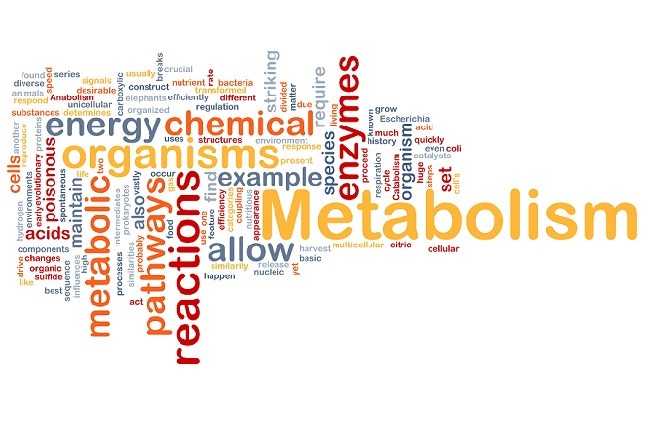Pyrroloquinoline quinone (PQQ) influences energy-related metabolism and neurologic functions in animals. The mechanism of action involves interactions with cell signaling pathways and mitochondrial function. However, little is known about the response to PQQ in humans. Using a crossover study design, 10 subjects (5 females, 5 males) ingested PQQ added to a fruit-flavored drink in two separate studies. In study 1, PQQ was given in a single dose (0.2 mg PQQ/kg). Multiple measurements of plasma and urine PQQ levels and changes in antioxidant potential [based on total peroxyl radical-trapping potential and thiobarbituric acid reactive product (TBAR) assays] were made throughout the period of 48 h. In study 2, PQQ was administered as a daily dose (0.3 mg PQQ/kg). After 76 h, measurements included indices of inflammation [plasma C-reactive protein, interleukin (IL)-6 levels], standard clinical indices (e.g., cholesterol, glucose, high-density lipoprotein, low-density lipoprotein, triglycerides, etc.) and (1)H-nuclear magnetic resonance estimates of urinary metabolites related in part to oxidative metabolism. The standard clinical indices were normal and not altered by PQQ supplementation. However, dietary PQQ exposure (Study 1) resulted in apparent changes in antioxidant potential based on malonaldehyde-related TBAR assessments. In Study 2, PQQ supplementation resulted in significant decreases in the levels of plasma C-reactive protein, IL-6 and urinary methylated amines such as trimethylamine N-oxide, and changes in urinary metabolites consistent with enhanced mitochondria-related functions. The data are among the first to link systemic effects of PQQ in animals to corresponding effects in humans.
PQQ Improves Energy Metabolism | PQQ for Energy

Top Ten Reasons To Take Vitamins
Time and time again, I meet someone who is in desperate need of better nutrition, yet they don’t know, don’t care, or don’t believe good…
Heart Help: Preventing and Reversing Cavities
When it comes to cavities and gum disease, absence makes the heart grow fonder.That is because several studies have found a link between cavities, gum…
Top Ten Food Myths
New York Times best-selling author Dr. Mark Hyman compiled these top ten food myths in his book Food: What the Heck Should I Eat? A majority of Americans believe most of the statements on this list. Yet…
5 Ways To Detox Alcohol
It is a seductive thought: drinking alcohol is good for you! And, for sure, that is what the $1 trillion dollar alcohol industry would like…




